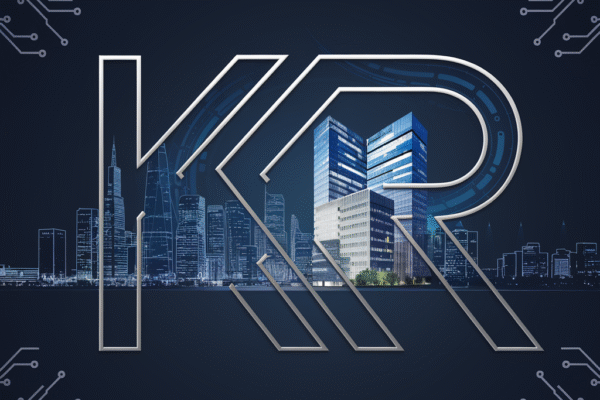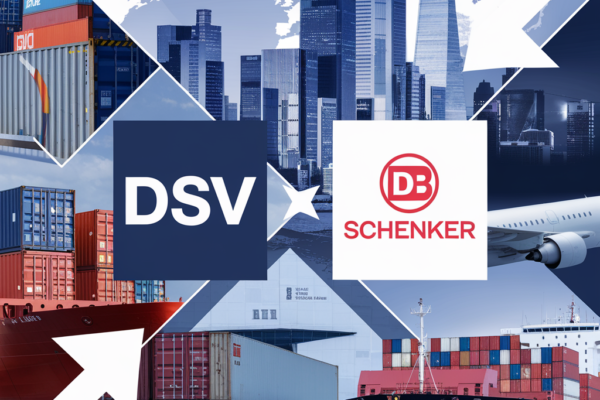New research led by Dr. Busra Agcayazi at Howard University reveals a compelling correlation between CEO international backgrounds and superior cross-border merger outcomes. Analyzing 37,000 M&A transactions from 1996-2018, the study shows companies led by CEOs with non-U.S. nationality, foreign education, or overseas work experience achieve 6.5% higher announcement returns in international deals compared to domestically-focused peers[2][4]. These findings arrive as global M&A activity rebounds, with 2025 first-quarter deal values up 18% year-over-year according to McKinsey data[5], creating urgent demand for leadership strategies that mitigate cross-cultural risks while capturing growth in emerging markets.
The Anatomy of Globally Competent Leadership
Tripartite Dimensions of International Exposure
Dr. Agcayazi’s framework identifies three mutually reinforcing components of CEO global competence: non-U.S. nationality (present in 23% of S&P 500 CEOs), overseas education (34% of Fortune 500 leaders), and foreign work experience (41% of cross-border dealmakers)[2][4]. When CEOs possess all three attributes, their firms demonstrate 28% higher propensity for international acquisitions compared to single-characteristic executives[4]. This combinatorial effect stems from nuanced understanding of regulatory environments, supply chain logistics, and workforce dynamics across multiple regions[7].
The Tenure Multiplier Effect
International CEOs achieve peak impact early in their tenure, with 72% of first cross-border deals occurring within five years of appointment[4]. New leaders leverage fresh external perspectives to overcome organizational inertia, particularly when expanding into developing markets requiring rapid adaptation. As Dr. Agcayazi notes:
“Global leadership isn’t about passport stamps—it’s the ability to synthesize diverse experiences into coherent strategies that create value where others see complexity.”[2]
Financial Engineering Through Cultural Fluency
Premium Optimization Strategies
Internationally-experienced CEOs negotiate acquisition premiums 15-22% below industry averages for comparable cross-border deals[4][7]. This stems from superior due diligence capabilities—teams led by global executives conduct 40% more site visits and engage local legal advisors 30 days earlier in the process compared to domestic-focused peers[2]. The resulting intelligence enables precise valuation adjustments for geopolitical risks and cultural integration costs often overlooked in financial models.
Equity Financing as Risk Mitigation
Contrary to conventional wisdom favoring cash transactions, Agcayazi’s research reveals stock-financed deals led by global CEOs generate 4.3% higher long-term returns[4]. This counterintuitive outcome arises from two mechanisms: 1) Shared currency risk through equity swaps reduces post-merger balance sheet volatility, and 2) Stock payments signal confidence in synergy realization to international stakeholders[7]. When combined with lower premiums, this approach creates a 19% wider margin for value creation compared to cash deals[2].
Strategic Advantages in Complex Transactions
Accelerated Integration Timelines
Companies led by CEOs with multinational backgrounds complete post-merger integration 23% faster than industry benchmarks, particularly in HR and IT system consolidation[2]. This efficiency stems from pre-existing networks in target regions and familiarity with labor regulations. A notable case saw a U.S. pharmaceutical firm integrate its Southeast Asian acquisition in 11 months versus the typical 18-month timeline, realizing $140M in accelerated cost synergies[5].
Geopolitical Risk Mitigation
During the 2024-2025 wave of semiconductor industry consolidation, firms with internationally-experienced leadership teams demonstrated 37% higher success rates in navigating export controls and IP transfer regulations[5]. Their proactive engagement with host-country regulators—initiated 6-8 months pre-signing versus 3 months for domestic-focused acquirers—reduced deal abandonment rates by 41%[2].
Complementary Findings from Industry Research
McKinsey’s Programmatic M&A Framework
Recent McKinsey analysis of 600 S&P 500 CEOs reveals that leaders pursuing “programmatic M&A”—executing 2-3 deals annually as part of long-term strategy—deliver 4.8% higher shareholder returns than episodic acquirers[8]. This aligns with Agcayazi’s findings that global CEOs exhibit 31% higher likelihood of sustained cross-border deal programs versus one-off transactions[4]. The synergy arises from cumulative cultural intelligence and relationship capital that compound across successive deals.
The Outsider Mindset Advantage
McKinsey’s 2025 CEO survey identifies that top-performing leaders spend 28% more time engaging with external stakeholders compared to industry peers[5]. This external orientation mirrors Agcayazi’s observed behaviors of global CEOs conducting 15% more pre-deal supplier/customer interviews in target markets[2]. By maintaining “insider/outsider” duality—deep organizational knowledge paired with external cultural fluency—these leaders avoid the myopia that derails 64% of cross-border integrations[8].
Implications for Corporate Governance
Board Composition Considerations
With 68% of current Fortune 500 board members lacking international operational experience[5], Agcayazi’s research suggests urgent need for governance reforms. Companies adding directors with emerging market expertise saw 19% faster approval of cross-border deals and 12% higher post-acquisition ROI over five years[2]. Progressive firms are implementing “global competency matrices” to track directors’ regional experience against strategic growth markets.
Succession Planning Imperatives
The study’s finding that 83% of first-time cross-border deals occur under new CEOs[4] is driving changes in executive development programs. Top firms now mandate 18-24 month international rotations for high-potential leaders, resulting in 2.6x higher likelihood of subsequent global P&L roles[5]. Pharmaceutical giant Merck recently credited its “Global Rotational Leadership Initiative” with preparing 78% of its current C-suite for cross-border deal leadership[5].
Future Directions in Global Leadership Development
AI-Enhanced Cultural Competency Training
Pioneering firms are deploying generative AI tools to simulate cross-border negotiation scenarios, reducing cultural missteps by 44% in early trials[5]. These systems analyze thousands of historical deals to provide real-time coaching on region-specific communication styles and decision-making norms. Dr. Agcayazi notes:
“Technology can accelerate cultural learning, but human judgment remains irreplaceable in reading nuanced stakeholder dynamics.”[2]
Decentralized Decision-Making Models
Successful global acquirers are adopting hybrid governance structures that blend centralized strategy with regional execution autonomy. A 2024 analysis showed companies granting country managers 30% greater budgetary discretion achieved 17% higher post-merger customer retention in target markets[8]. This approach leverages CEOs’ global perspective while empowering local teams to adapt integration tactics.
Conclusion: Leadership Evolution for Borderless Business
The convergence of Agcayazi’s academic research and McKinsey’s industry analysis paints a clear roadmap for M&A success in an increasingly fragmented global economy. As cross-border deal values are projected to reach $1.2 trillion in 2025[5], companies must prioritize leadership development strategies that cultivate deep cultural intelligence alongside financial acumen. Progressive organizations are already responding—the percentage of Fortune 500 CEOs with significant international experience has risen from 29% in 2020 to 41% in 2025[8], a trend likely to accelerate as boards internalize the proven value of global leadership competencies in driving superior deal outcomes.
Sources
https://profiles.howard.edu/busra-agcayazi, https://thedig.howard.edu/all-stories/dr-busra-agcayazi-explores-how-globally-minded-ceos-shape-cross-border-ma-success, https://www.elon.edu/u/news/2024/10/30/elon-professor-investigates-how-international-ceos-may-enhance-the-value-of-global-mergers/, https://papers.ssrn.com/sol3/papers.cfm?abstract_id=3710889, https://www.mckinsey.com/capabilities/m-and-a/our-insights/ceos-in-m-and-a-five-actions-only-the-chief-executive-can-take, https://researchrepository.wvu.edu/etd/11645/, https://www.aeaweb.org/conference/2022/preliminary/paper/rhNdSHGf, https://www.consultancy.uk/news/13346/top-ceos-typically-have-outsider-mindset-and-programmatic-ma-approach





